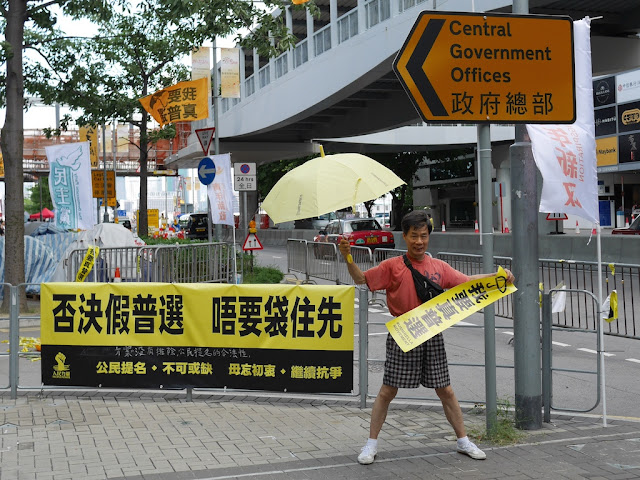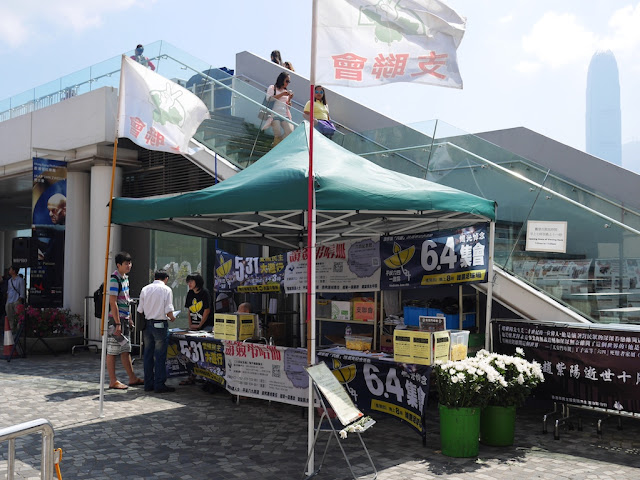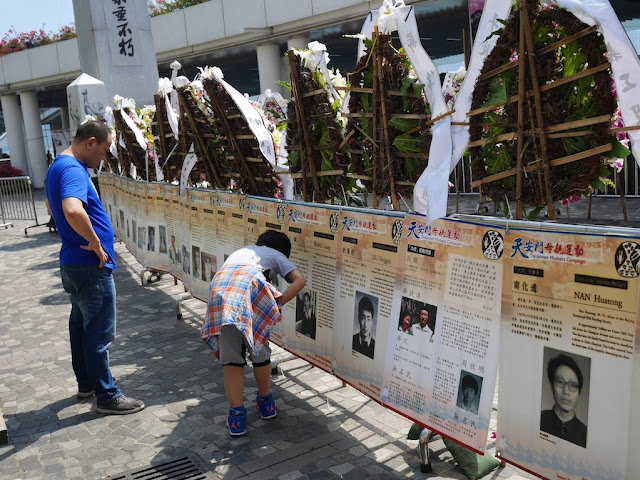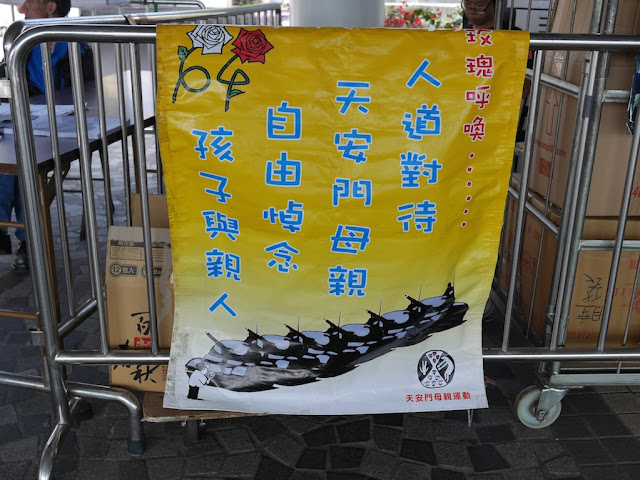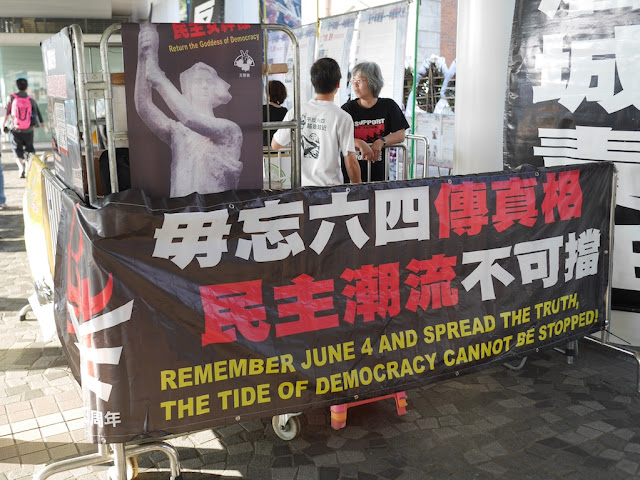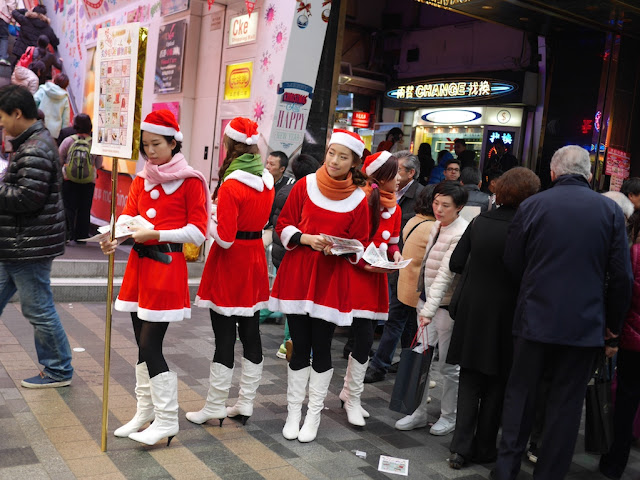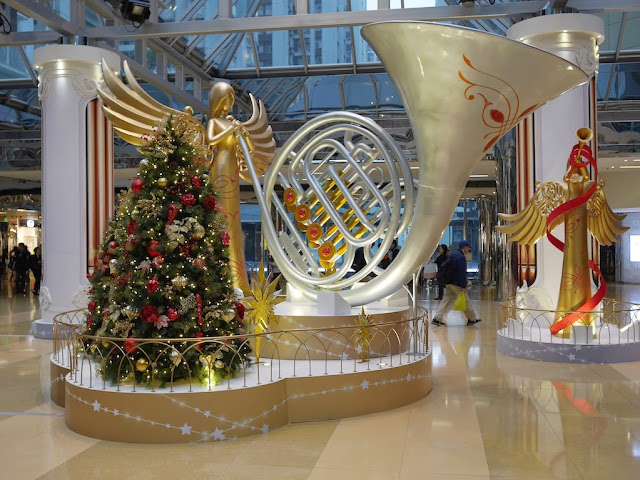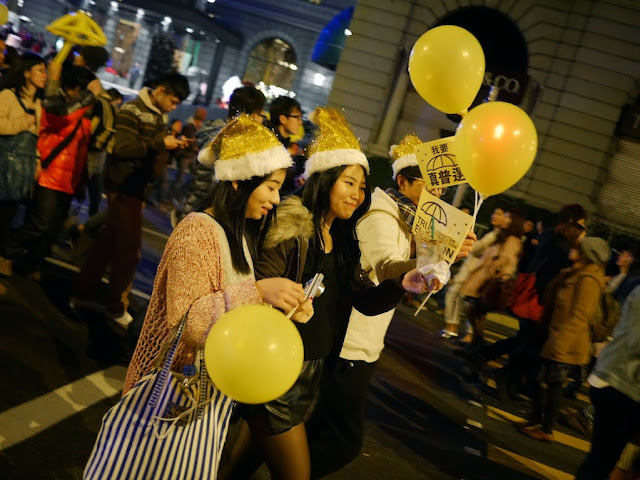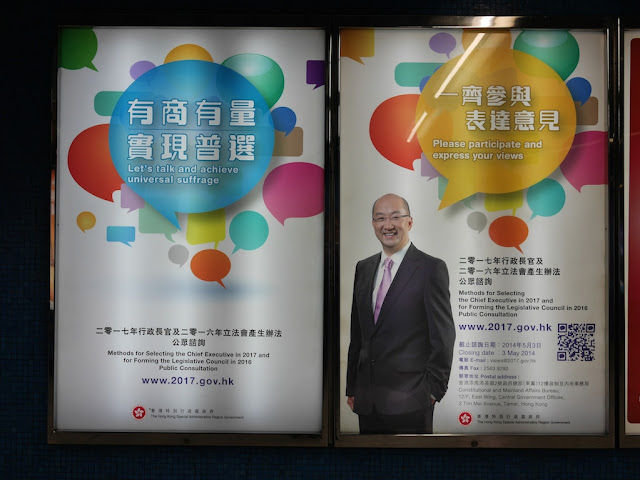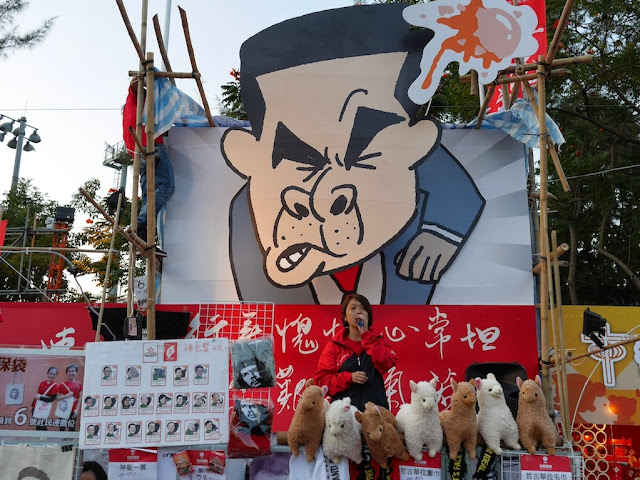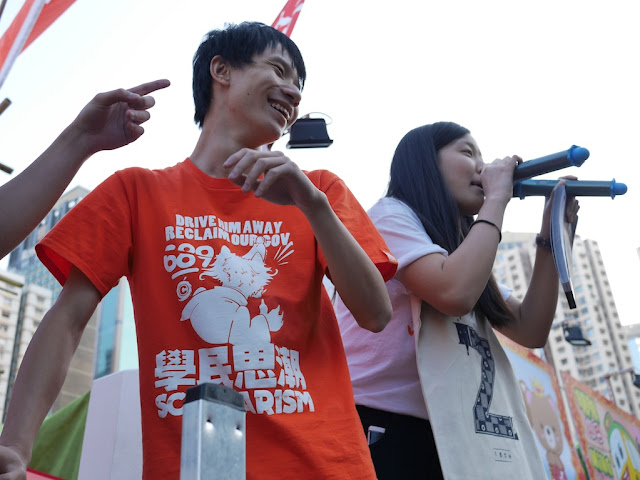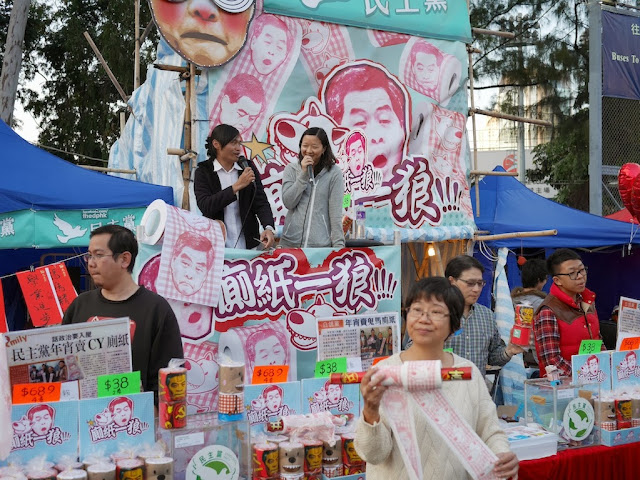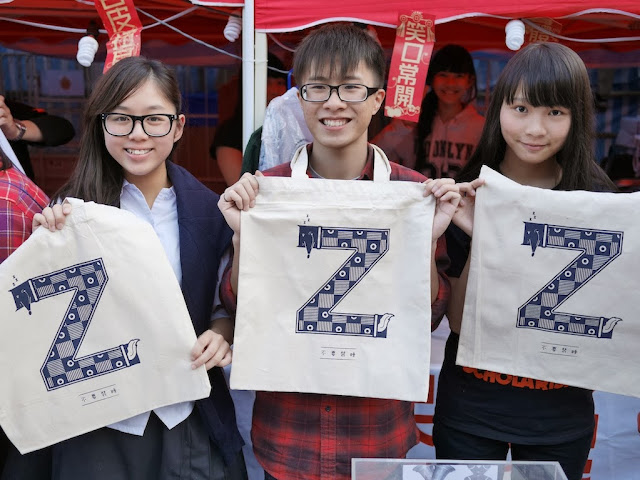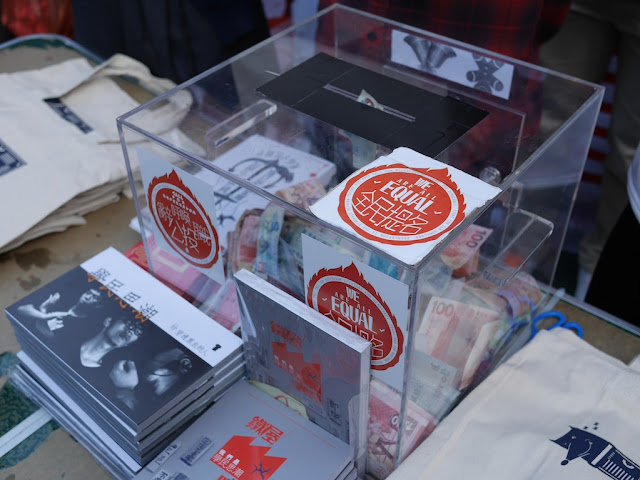Hong Kong's Legislative Council has spoken and did not pass a Beijing-backed government reform package which would have given Hongkongers the ability to choose their leader from a set of Beijing-approved candidates. The Chinese government has already indicated it will simply disregard the results and expects its plan to be implemented nonetheless. In other words, it appears China will force Hong Kong to have a "democratic" vote that Hong Kong's legislative council has now voted against due to the successful efforts of the pro-democracy camp. Yes, these are special times.
Making the times extra special was a walkout which lead to a number of lawmakers who were expected to support the reform package missing the historic vote, which did not effect the outcome except for causing the numbers for the defeat to appear all the worse. The Hong Kong based South China Morning Post described it as a "botched" effort resulting from a "miscommunication". The Wall Street Journal reported a similar story while providing other details. The New York Times called it an "embarrassing political misstep". None of these accounts question whether the lawmakers truly intended to vote. The same holds true for much of the other reporting and commentary I have seen, including on Twitter.
However, it is easy to think of plausible reasons why these lawmakers may not have wanted to vote for the bill but also not have wanted to displease the Chinese government with an explicit "no" vote or abstention. Perhaps the event was staged so the lawmakers had an excuse to miss the vote, and everything went as planned. On this note, James Pomfret and Clare Baldwin reported some intriguing details for Reuters:
Making the times extra special was a walkout which lead to a number of lawmakers who were expected to support the reform package missing the historic vote, which did not effect the outcome except for causing the numbers for the defeat to appear all the worse. The Hong Kong based South China Morning Post described it as a "botched" effort resulting from a "miscommunication". The Wall Street Journal reported a similar story while providing other details. The New York Times called it an "embarrassing political misstep". None of these accounts question whether the lawmakers truly intended to vote. The same holds true for much of the other reporting and commentary I have seen, including on Twitter.
However, it is easy to think of plausible reasons why these lawmakers may not have wanted to vote for the bill but also not have wanted to displease the Chinese government with an explicit "no" vote or abstention. Perhaps the event was staged so the lawmakers had an excuse to miss the vote, and everything went as planned. On this note, James Pomfret and Clare Baldwin reported some intriguing details for Reuters:
Political analyst Johnny Lau, who has close ties with several pro-Beijing politicians, said a few had expressed privately to him they were considering abstaining to bolster their prospects in the next city-wide legislative polls.So at the very least, at this point I don't think it can be said with great confidence that the missed voted was indeed an accident. Instead, it is possible the lawmakers felt it was the best move they could make, even if they felt no truly attractive options existed.
"Some of them told me that they planned this before. They were thinking about the legislative elections next year," Lau said in a telephone interview. "If they voted for the plan, then the democrats could use this as a reason to attack them, so they didn't want to leave a record."

